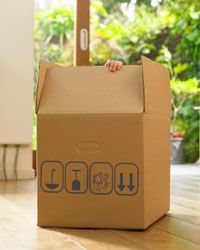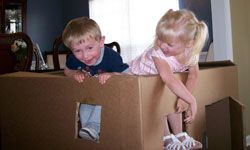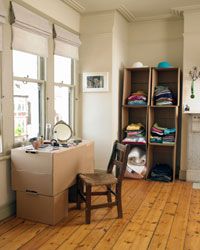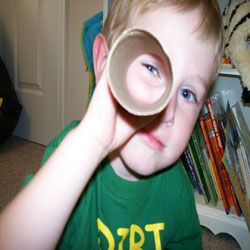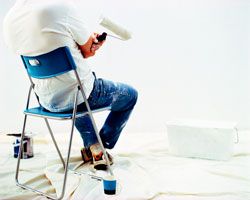Chances are high that many of the staples currently lying around your house or office are or were once packaged in cardboard. Consumer goods like toothpaste, cereal and snack foods almost always come nestled inside a type of cardboard called paperboard. Pressed flat and coated to lend a more aesthetically pleasing appearance, paperboard is a high-class version of corrugated cardboard, which is commonly used for shipping purposes. In fact, cardboard boxes are the packaging material of choice for 90 percent of products shipped in the United States [source: Earth911]. Because of cardboard' s dominating presence in the world's packaging and delivery sectors, cardboard boxes comprise a whopping 9 percent of the refuse in a typical landfill [source: Journey to Forever].
But cardboard doesn't lose its usefulness once the snacks are gone and packages have been opened. Aside from simply recycling cardboard, you can use the material in dozens of creative and practical ways. HowStuffWorks has compiled a list of 10 uses for old cardboard that children, adults and even rodents will appreciate.
Advertisement
